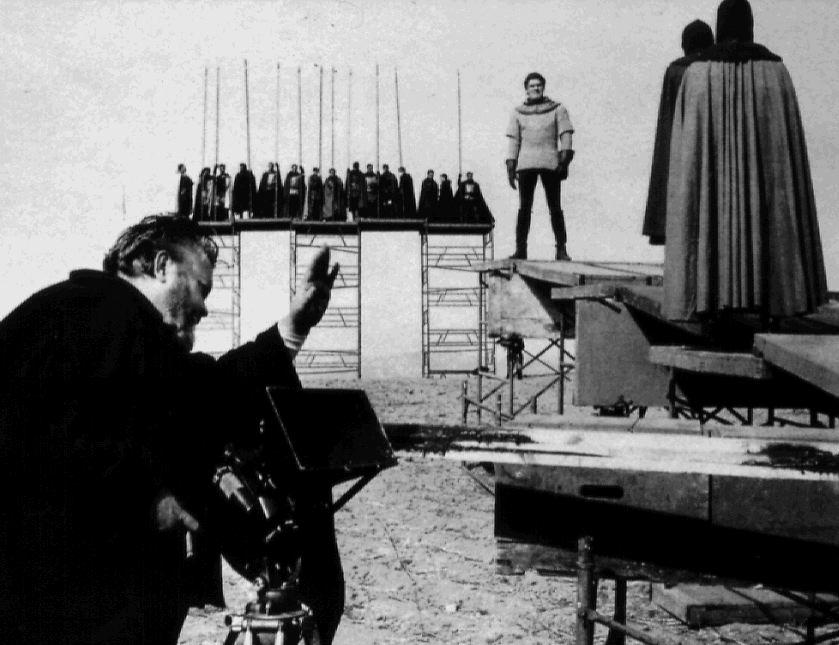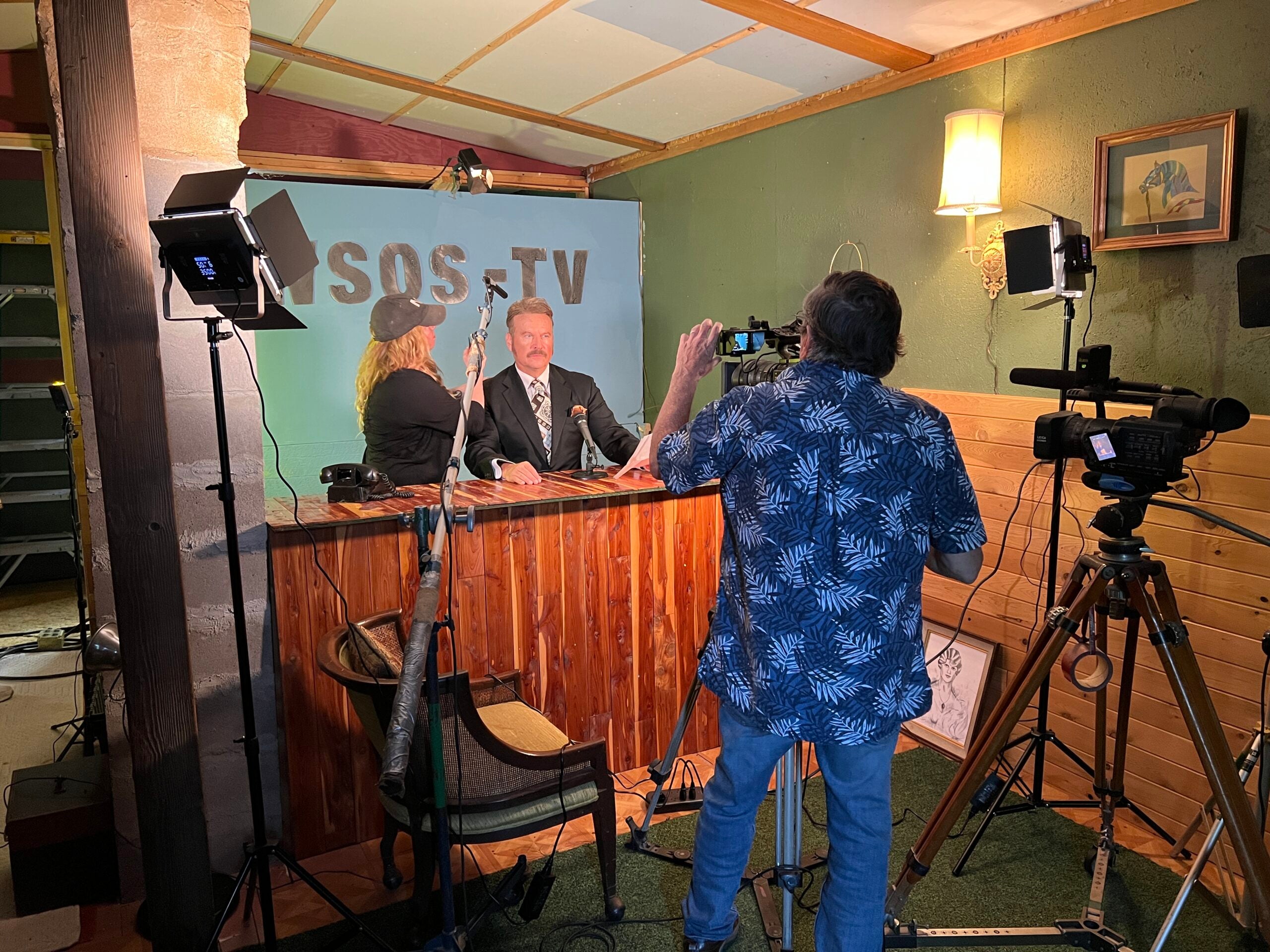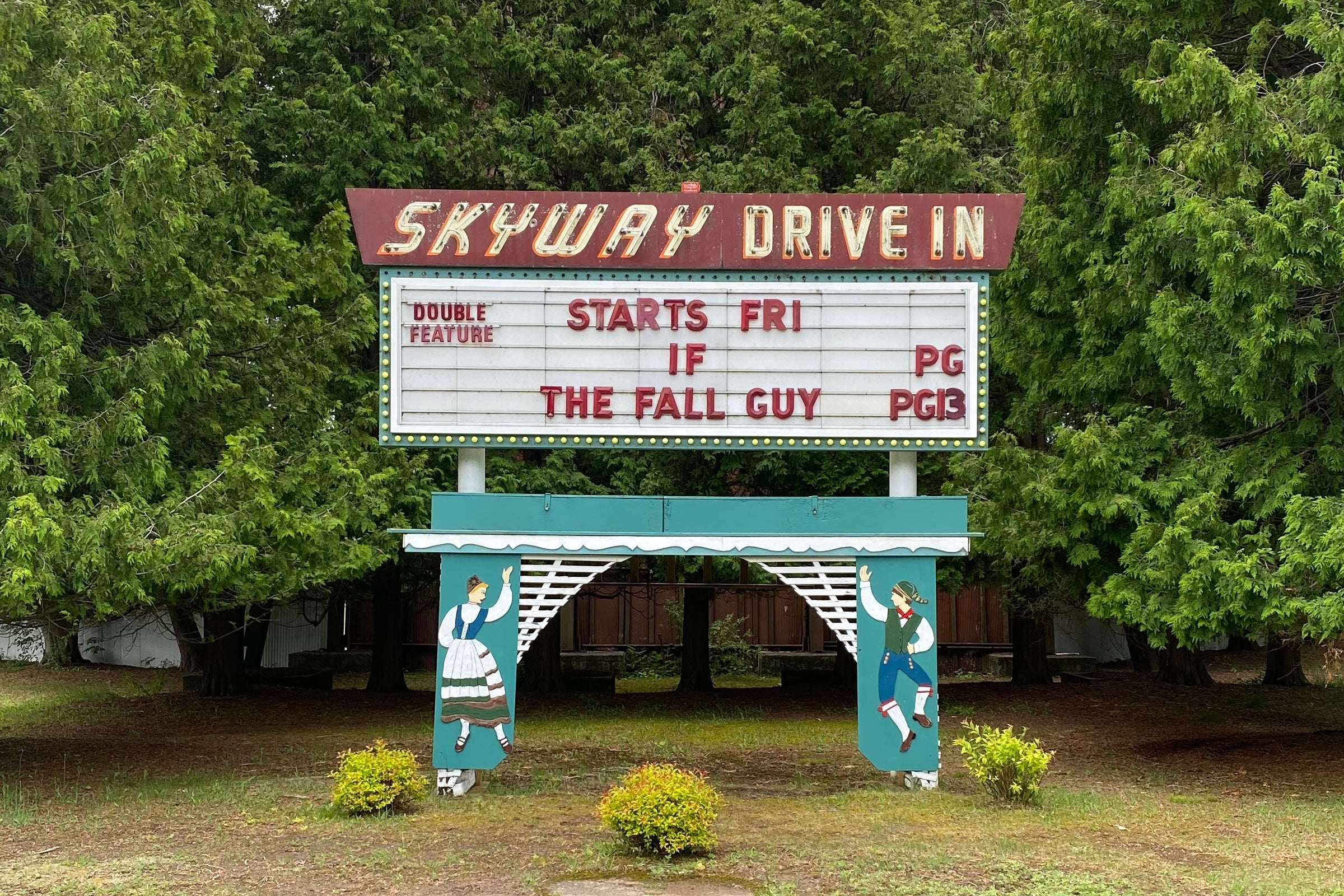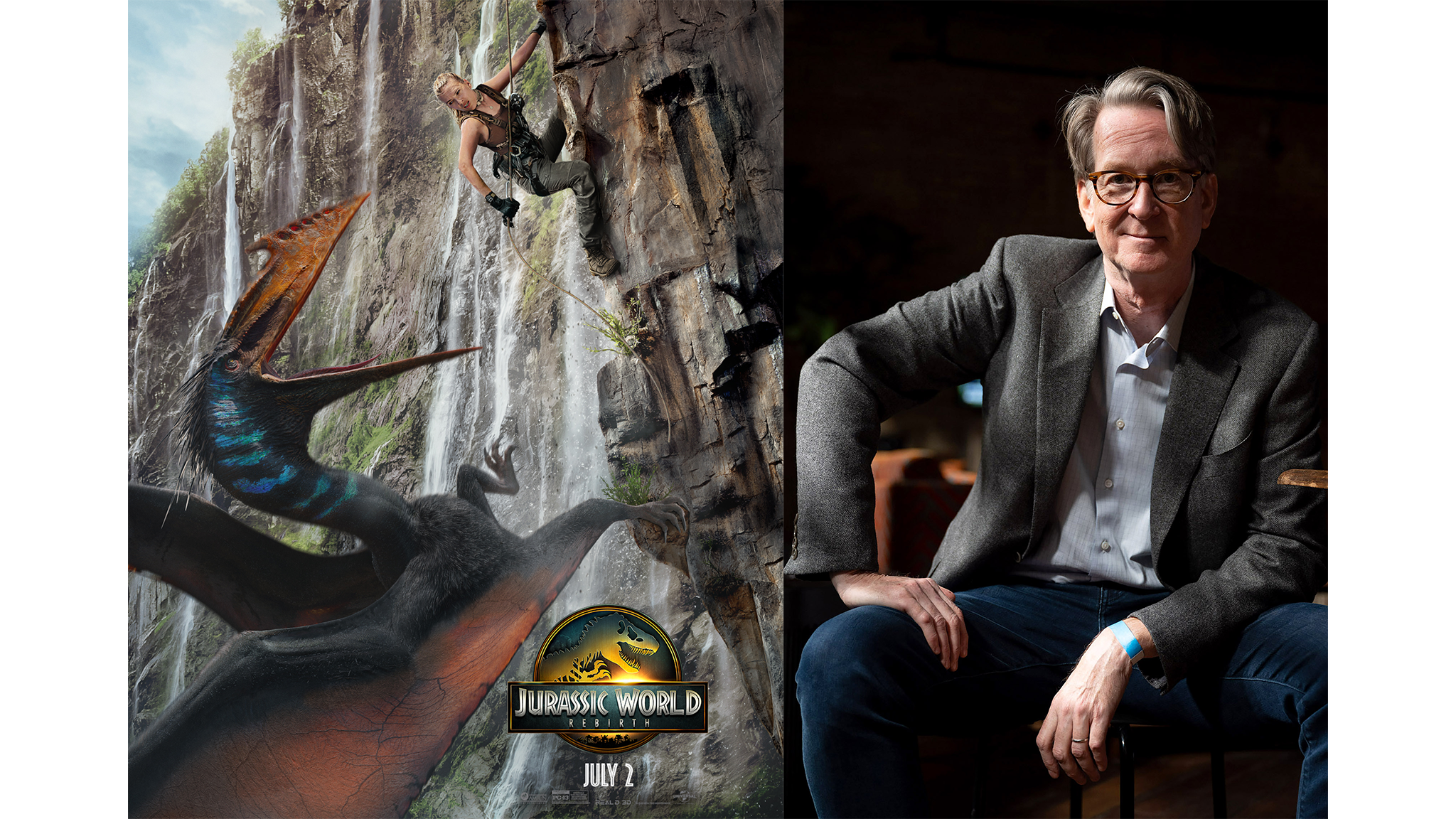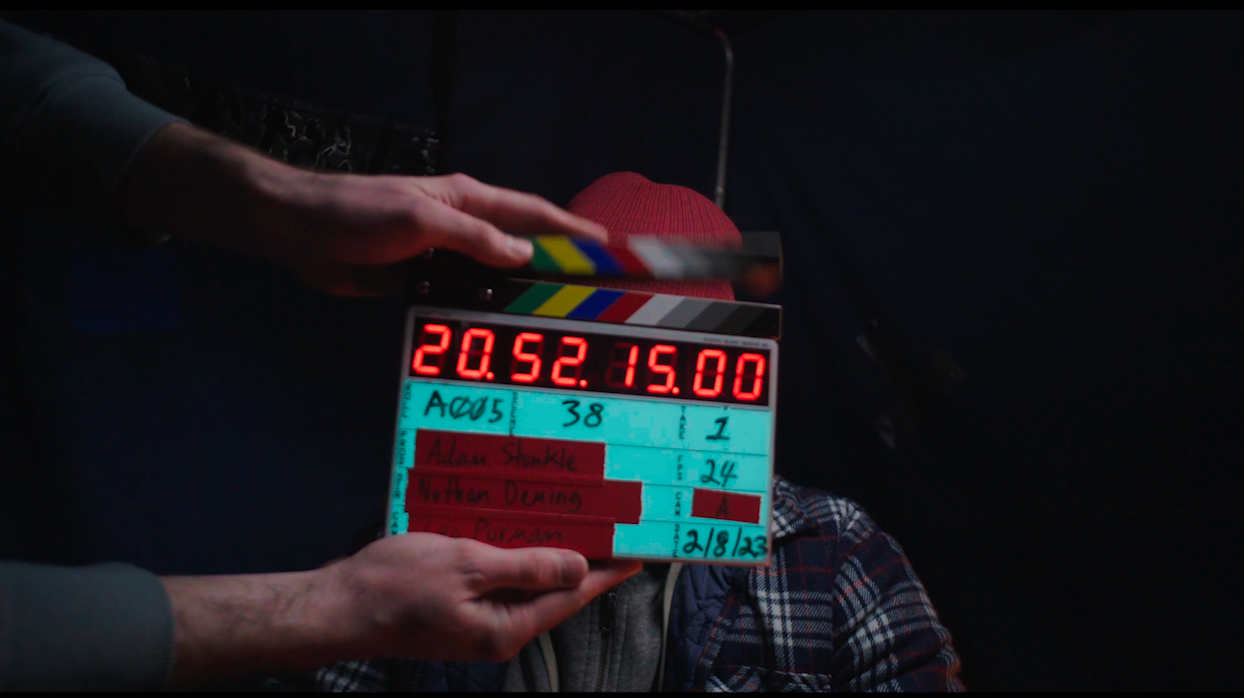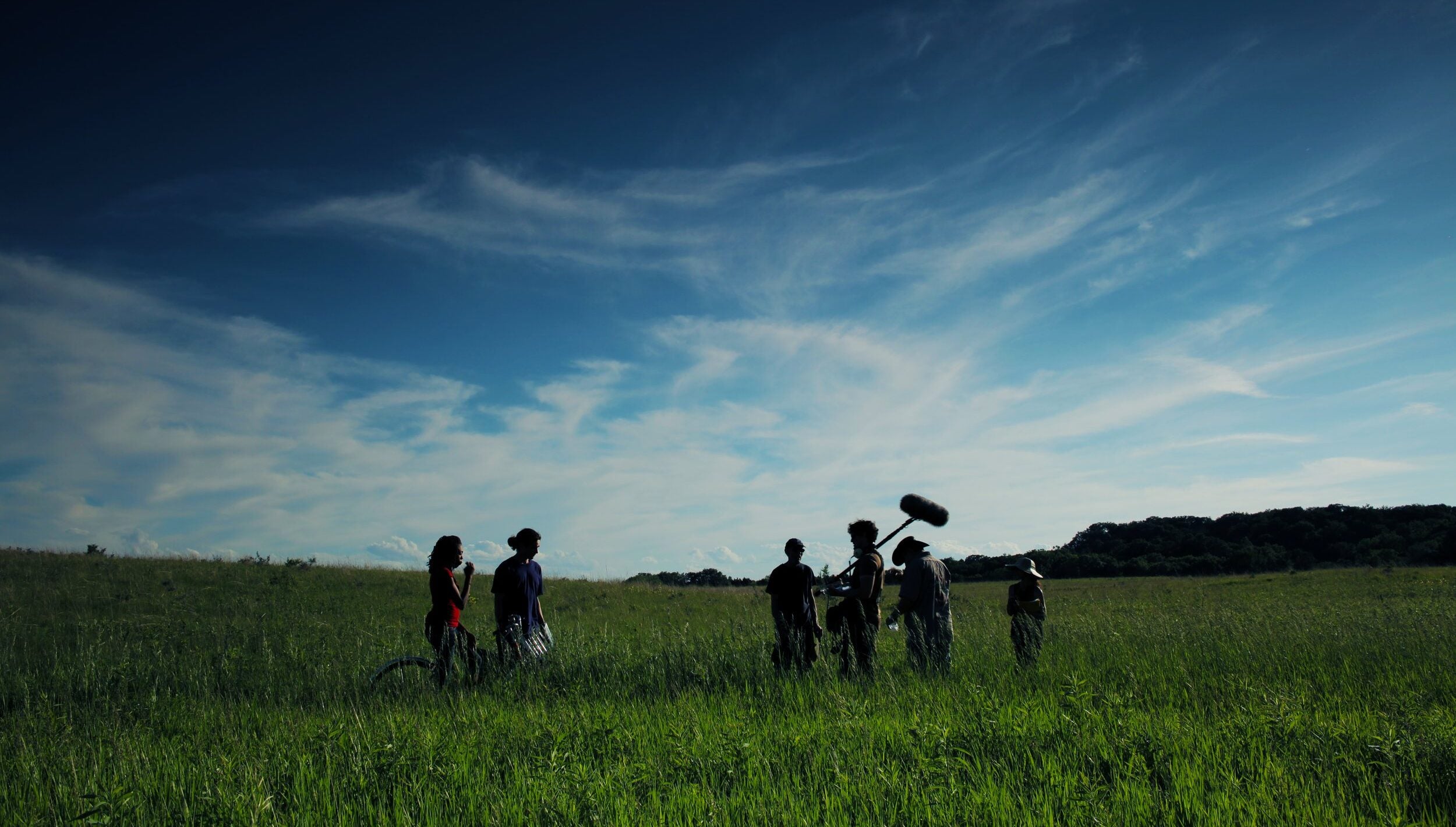The Wisconsin Film Festival starts Thursday night, with 30,000 people expected to watch 150 movies over the course of the next week. Attendees can see everything from Orson Welles, to little-seen documentaries, and even some films on the trashy side. WFF’s Programming Director Jim Healy talked to Terry Bell about what’s on tap this year.
TERRY BELL: A lot of attention is being paid this year to the 100th anniversary of the birth of Orson Welles. And since Welles as born in Wisconsin, and lived a good part of his childhood here, that’s reflected in this year’s film festival schedule.
JIM HEALY: Yes. I’m also director of programming of the UW Cinematheque, and I’m taking advantage of my double position with the festival to put in as much Welles as possible this year. So we just finished up a short season of his established canon at the Cinematheque, and at the festival, we’re doing some offbeat choices, as well as another film that belongs in that established canon, “Chimes at Midnight,” which we’re showing at the Capitol Theatre, his 1965 distillation of Shakespeare.
News with a little more humanity
WPR’s “Wisconsin Today” newsletter keeps you connected to the state you love without feeling overwhelmed. No paywall. No agenda. No corporate filter.
TB: A lot of people, when they think of Orson Welles, they think of “Citizen Kane,” and then their thoughts kind of stop right there, but there’s so much more that he did that’s so fascinating.
JH: Yeah, and the thing people often forget, is because he gets the “genius” label put on him, right? So people think “genius” equals “seriousness”, but of course there’s this aspect of every part of Welles’ work that are very playful.
TB: Speaking of fun, there’s a whole new selection of children’s films this year.
JH: That’s right. One of my colleagues, Karin Kolb, has curated a couple of short programs, and some features, that are fun for the whole family. Parents will really enjoy watching them with their children as well.
TB: One of the most intriguing films on the schedule this year is a documentary— it’s called “The Russian Woodpecker,” which won the documentary award at Sundance.
JH: Yes, it did. It was directed by a University of Wisconsin-Madison graduate, Chad Gracia. And it tells the story of an activist who discovers a very alarming connection between contemporary political problems in Russia and the Chernobyl incident in the mid-1980s. So the film follows his investigation into this incident, and uncovers a conspiracy of sorts.
TB: Getting back to the notion of having fun, you have a couple of films this year that I would only describe as maybe “exploitation” movies.
JH: Well, we have one film called “Avenging Force,” which was a classic released by Cannon Films, the kind of gurus of exploitation in the 1980s. It’s a lot of fun.
TB: I’ve noticed that since you’ve been programming the Cinematheque in Madison, you’ll include some movies like this.
JH: Well, I think exploitation films are also frequently examples of art. There’s fun to be had with exploitation cinema, and I think that’s probably the key part of it. Moviegoing, even when it’s high art, should be fun. And sometimes I think we can learn a lot about the history of film from looking at all aspects of it, and understanding its relationship to, say, the more serious films we take. And oftentimes, I find that I prefer the trash to the more canonized items.
TB: Sometimes we need some dessert to go with our vegetables.
JH: That’s right.
Wisconsin Public Radio, © Copyright 2025, Board of Regents of the University of Wisconsin System and Wisconsin Educational Communications Board.

